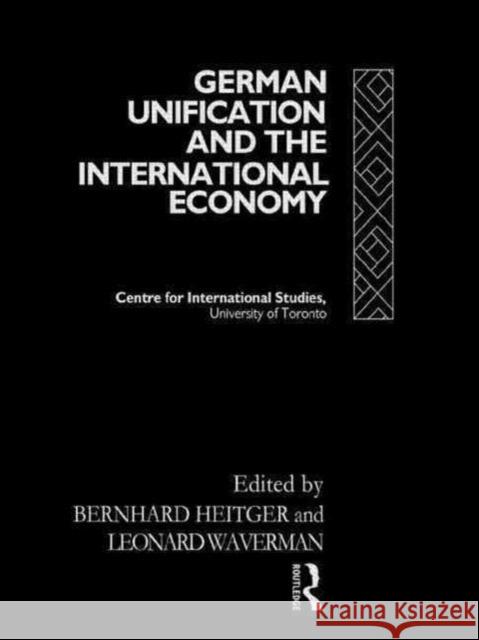German Unification and the International Economy » książka
German Unification and the International Economy
ISBN-13: 9780415082167 / Angielski / Twarda / 1993 / 314 str.
The 1990s are already witnessing major changes in the international macroeconomy. The savings of the world's two major creditor nations, Japan and Germany, are likely to shrink further whilst investment demand, particularly in Eastern Europe, rises dramatically. The resulting global investment flows will have profound macroeconomic and growth effects, including the potential for higher real interest rates and resource shifts. German Unification and the International Macroeconomy examines these issues, taking Germany as its focus. Germany has been uniquely involved in these changes and its experience is important in its own right. It also has wider implications, particularly for the further integration of east and west Europe. The authors explore both these and spillovers for the global macroeconomy.











